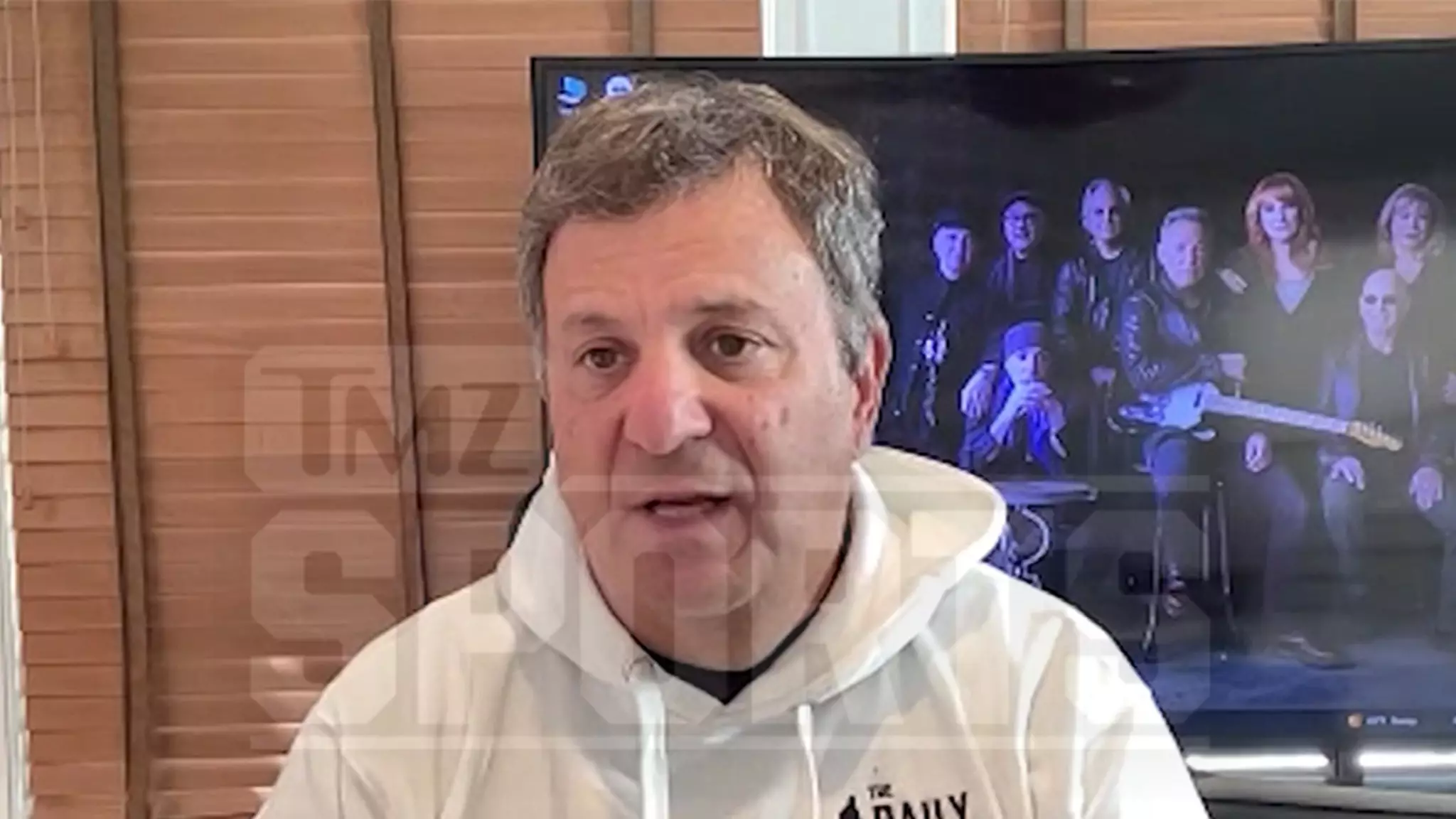The recent decision by the New York Jets to dismiss head coach Robert Saleh has sent shockwaves through the NFL community. After a less than stellar start to the season, with the team sitting at 2-3, the organization has opted for a drastic measure that many believe should have occurred much earlier. Notably, former NFL general manager Michael Lombardi took to TMZ Sports to express his disdain for this decision, asserting that the Jets are demonstrating signs of deep-seated dysfunction.
Lombardi’s critique raises essential questions about organizational structure and accountability within the Jets’ franchise. He suggests that if problems were recognized last season, then allowing Saleh to continue for five games this year represents a failure in leadership. The alarming stat of Saleh’s overall coaching record—20 wins against 36 losses—further complicates any justification for his retention up until this point. When ownership, led by Woody Johnson, only reacts after a handful of games into a new season, it casts doubt on their strategic foresight.
Lombardi highlights a broader concern of accountability within the team—a sentiment echoed by players who have voiced their frustrations about the leadership. The apparent disarray reveals a lack of a cohesive vision, exemplifying how important it is for an organization to operate with a unified purpose.
While Saleh is now on the unemployment line, it’s essential to analyze where the true issues lie. Lombardi points a finger at offensive coordinator Nathaniel Hackett, claiming that the inconsistency of the offense should have warranted equal scrutiny. Despite having a Hall of Fame quarterback in Aaron Rodgers, alongside promising young talents like Breece Hall and Garrett Wilson, the Jets are only averaging 18.6 points per game. This underwhelming performance raises eyebrows as to why Hackett was not also relieved of his duties, especially when Saleh himself considered such a move prior to his firing.
The situation emphasizes a potentially puzzling dynamic where the intimate relationship between Hackett and Rodgers may have created a protective bubble, allowing the offensive deficiencies to remain unaddressed.
As the Jets transition to interim head coach Jeff Ulbrich, they have a critical opportunity to reshuffle their approach and turn their season around. With a crucial matchup against the Buffalo Bills looming, Ulbrich has the daunting task of not only aiming for victory but possibly securing a longer-term role should he demonstrate success.
This pivotal moment in Jets history serves as a reminder of the importance of timely decision-making and coherent leadership. As fans and analysts alike look on, it remains to be seen whether this regime change will set a new, more successful course for the franchise or if the issues that plagued Saleh’s tenure will continue to haunt the Jets going forward. The pressure is now on Ulbrich to restore hope in a team that fans desperately want to believe in.

Leave a Reply